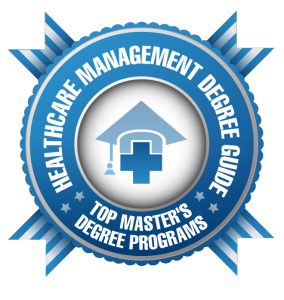According to the Bureau of Labor Statistics, the demand for health care managers and administrators is growing at a rate faster than most other industries. Earning an MBA in healthcare administration can provide students with the knowledge and experience needed to advance into administrative roles. In recent years, the changes to healthcare reform, the aging population, and the retirement of the “Baby Boom Generation” have caused a sharp rise in Healthcare Management and Administration positions. The highly specialized healthcare MBA enables graduates to work in administrative roles including:
- hospitals
- long-term care facilities
- rehabilitation facilities
- pharmaceutical companies
- insurance companies
Featured Programs
Ranking Methodology
This ranking list was created to highlight the top-ranked campus-based MBA programs in the United States that offer a specialization in Healthcare Management or Administration. To be considered for our ranking, schools needed to:
- hold regional accreditation
- demonstrate a commitment to healthcare through extensive course offerings
- have hands-on training opportunities through internships, practicums, or other professional development training
The list was then ranked according to a combination of cost of attendance and the student to faculty ratio. Specializations, awards and achievements earned by the school or department have also been noted.
Student to Faculty Ratio
- 10:1 or less= 5 Points
- 11:1 to 15:1= 3 Points
- Greater than 15:1= 1 Point
Average Graduate Tuition
- Less than $20,000 per year= 4 Points
- $20,001 to $30,000 per year= 3 Points
- $30,001 to $40,000 per year= 2 Points
- Greater than $40,000 per year= 1 Point
#20 – University of Minnesota – Minneapolis Minnesota
Full-time MBA-Medical Industry Specialization
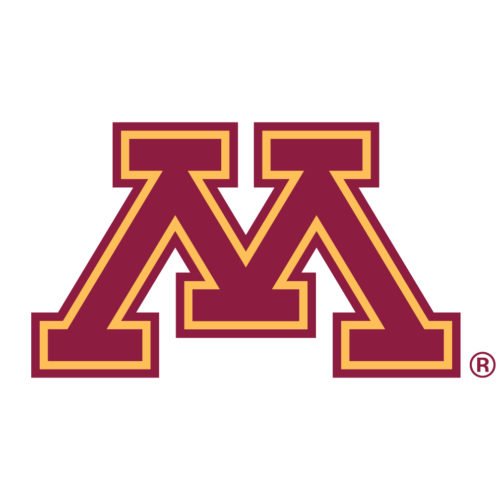
Average Graduate Tuition: $17,064/year in-state and $26,412/year out-of-state
Student to Faculty Ratio: 17:1
Points: 5
The Carlson School of Management at the University of Minnesota features a full-time MBA with a medical industry specialization. Courses cover areas like:
- the pharmaceutical industry
- information technology in healthcare
- the medical device industry
- the healthcare marketplace
Experiential learning opportunities are available through multiple sources including:
- the Medical Industry Valuation Laboratory
- the Medical Industry Leadership Institute
- case competitions
Not sure if this is the program for you? Check out a free online preview of a 2-credit Healthcare Marketplace Overview course available through Coursera!
#19 – The University of Texas – Austin, Texas
Full-Time MBA Health Care Concentration
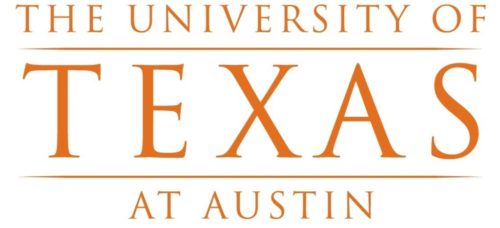
Program Website
Average Graduate Tuition: $11,742/year in-state and $22,564/year out-of-state
Student to Faculty Ratio: 18:1
Points: 5
The McCombs School of Business at The University of Texas at Austin offers a full-time top MBA with a concentration in healthcare. This degree program prepares students for careers in the fields of:
- healthcare
- life science
- biotechnology
The healthcare MBA at McCombs provides students with the opportunity to take coursework focused on areas like:
- the health care business ecosystem
- health care analytics,
- health care technology commercialization
McCombs MBA students connect with Austin’s booming healthcare industry through practicum projects at providers like Dell Children’s Medical Center, and Seton Main.
#18 – University of California – Berkley, California
Concurrent Master of Business Administration and Master of Public Health
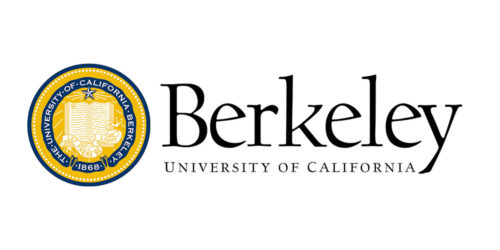
Program Website
Average Graduate Tuition: $11,442/year in-state and $26,544/year out-of-state
Student to Faculty Ratio: 18:1
Points: 5
The Haas School of Business and the UC Berkeley School of Public Health has partnered to offer a concurrent degree program featuring an MBA in Health Management and Innovation and an MPH in Health Policy and Management. This 30 credit hour program is highly competitive and only selects about 20 new students each year. Students can complete the program in just five semesters of study. Elective course offerings cover areas like:
- health care technology policy
- population health economics
- health care organizational management
- mass communications in public health
All students complete a capstone and internship experience.
#17 – University of California – Los Angeles, California
Master of Business Administration-Health Care Management
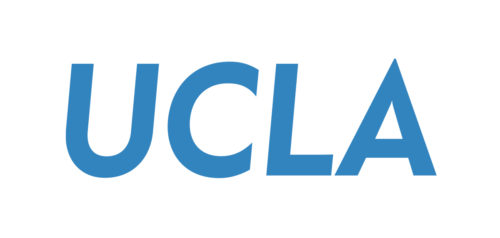
Program Website
Average Graduate Tuition: $11,442/year in-state and $26,544/year out-of-state
Student to Faculty Ratio: 18:1
Points: 5
UCLA Anderson School of Management offers an MBA program with a track in health care management. During the first year, students can create a customized sequence of core courses from the mandated MBA curriculum. During the second year, students have the option of their specialization, taking courses in areas like:
- the business of health care
- global perspective
- health care technology
- health law
- quantitative analysis for health systems.
#16 – Northwestern University – Evanston, Illinois
Master of Business Administration-Healthcare at Kellogg
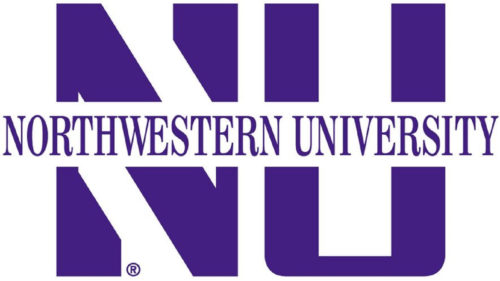
Program Website
Average Graduate Tuition: $54,120/year
Student to Faculty Ratio: 6:1
Points: 6
The Kellogg School of Management at Northwestern University full-time MBA features a healthcare option called Healthcare at Kellogg. Students gain a deep understanding of management disciplines while applying them to the healthcare industry. Students can choose a life sciences/products track or a payer/provider track depending on their professional goals. Experiential/field courses cover areas like:
- medical technologies
- healthcare investing
- medical product commercialization
Graduates with this specialization are prepared to compete successfully for jobs in provider, insurer and supplier organizations.
#15– Duke University – Durham, North Carolina
MBA with a Certificate in Health Sector Management
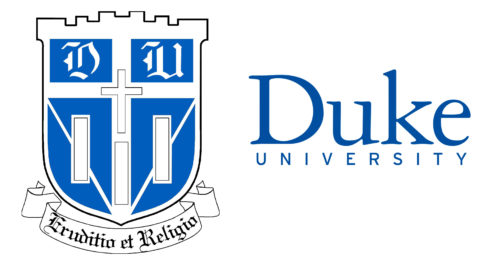
Program Website
Average Graduate Tuition: $53,540/year
Student to Faculty Ratio: 7:1
Points: 6
The Duke MBA features a certificate in Health Sector Management (HSM) program to specialize in the field of health care administration. The program offers interdisciplinary studies. The program utilizes Duke University’s longstanding leadership in business education, research, and clinical care. Courses cover areas like:
- health care markets
- biotechnology and pharmaceutical strategy
- medical device strategy
- health care provider strategy and operations
With their strong understanding of the industry, extensive skill sets, and professional network, HSM graduates have become leaders across the global health sector.
#14 – Boston University – Boston, Massachusetts
Health Sector MBA+ MPH
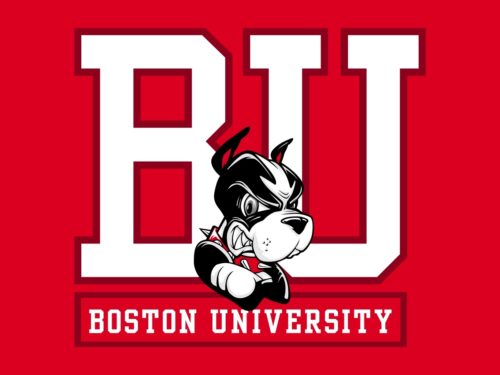
Average Graduate Tuition: $52,816
Student to Faculty Ratio: 10:1
Points: 6
Boston University features an innovative health sector MBA and MPH program administered jointly by the School of Public Health and the Questrom School of Business. This rigorous full-time program can be completed in just 21 months. Health sector courses cover:
- health sector issues and opportunities
- health care delivery systems
- drugs, devices, and diagnostics
All students complete a summer internship/practicum that serves as an experiential learning opportunity.
#13 – Washington University – Saint Louis, Missouri
Concurrent Master of Business Administration and Master of Public Health
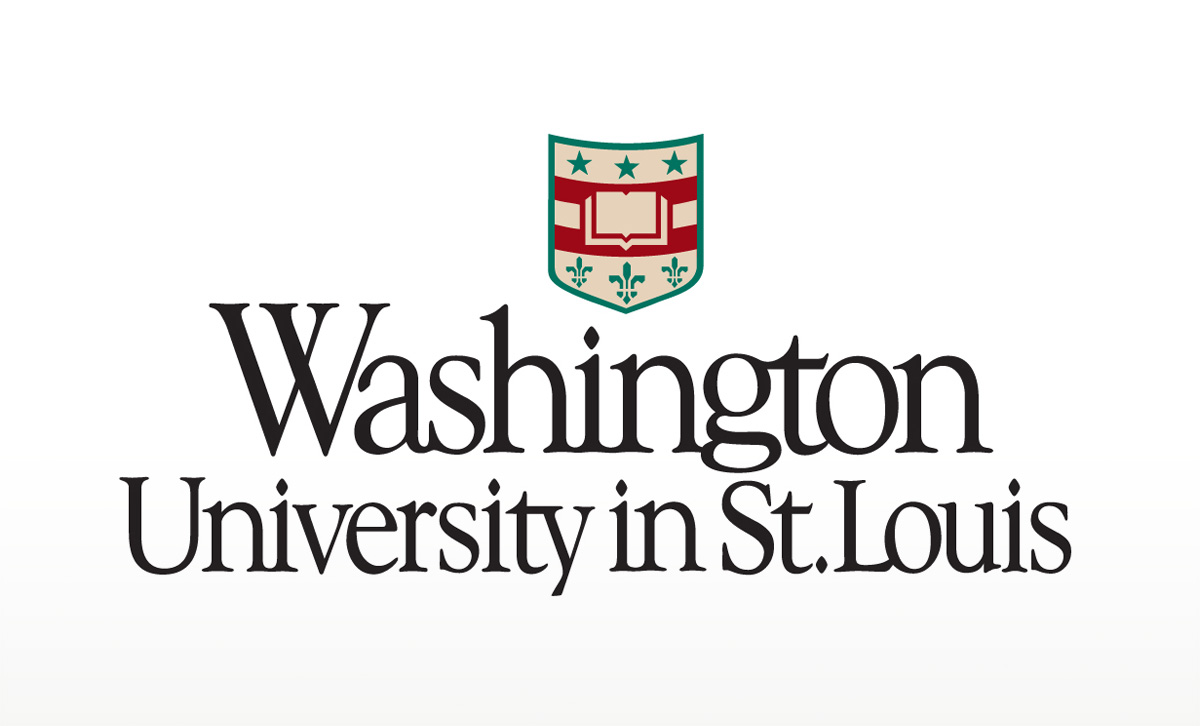
Average Graduate Tuition: $52,400/year
Student to Faculty Ratio: 8:1
Points: 6
The Olin Business School at Washington University in St. Louis features a dual MBA/Master of Public Health (MBA/MPH) degree that meets the need for professionals to bridge the fields of business, policy, and medicine. The interdisciplinary program features world-renowned faculty known for their academic research in business and public health. It’s an innovative curriculum with experiential learning opportunities. The program combines the core courses of the MBA and Master of Public Health Degrees. It takes about two-and-a-half to three years to complete, including the internship and practicum components.
#12 – Massachusetts Institute of Technology – Cambridge, Massachusetts
Master of Business Administration-Health Care Certificate
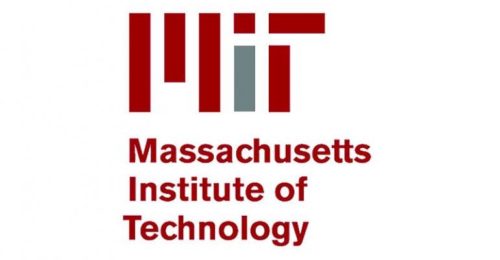
Program Website
Average Graduate Tuition: $51,520/year
Student to Faculty Ratio: 3:1
Points: 6
The Massachusetts Institute of Technology Sloan School of Management top MBA program recognizes the growing need for professional healthcare managers and administrators with the MBA/Healthcare Certificate program. Required courses cover healthcare lab, medicine for managers, and economics of the healthcare industries. The Healthcare Certificate’s curriculum and requirements prepare students for career paths such as:
- the pharmaceutical and biomedical industries
- healthcare consulting
- management positions within healthcare delivery systems
- healthcare innovation and entrepreneurship
- global healthcare delivery.
#11– Harvard University – Cambridge, Massachusetts
Master of Business Administration-Health Care Initiative
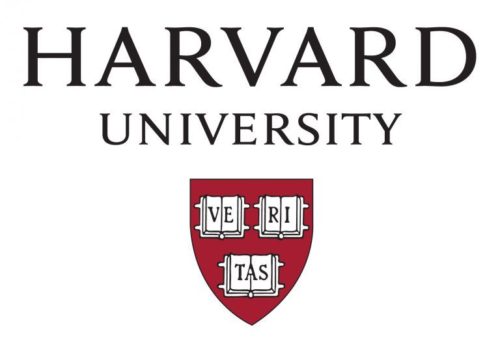
Program Website
Average Graduate Tuition: $46,384/year
Student to Faculty Ratio: 7:1
Points: 6
The MBA with the Health Care Initiative at the Harvard Business School (HBS) focuses on the business of healthcare. The Healthcare Initiative program was created in 2005 to serve as a pathway for healthcare research, educational programs, and entrepreneurial projects across all sectors of the health care industry. Students analyze cases focused on health care. They can customize the second year of the program by choosing courses and experiences focused on healthcare. Elective course offerings cover:
- health care innovation
- U.S. health care strategy
- transforming health care delivery
All healthcare students receive support through the MBA Career and Professional Development office in partnership with the Health Care Initiative and the Health Care Club.
Featured Programs
#10 – Columbia University – New York, New York
Master of Business Administration-Healthcare and Pharmaceutical Management

Program Website
Average Graduate Tuition: $46,216/year
Student to Faculty Ratio: 6:1
Points: 6
The MBA Health and Pharmaceutical Management program at Columbia permits students to tailor their healthcare business education to their own interests and goals. Courses are taught by industry experts and cover areas like:
- strategy and competition in pharmaceuticals and biotechnology
- healthcare industry in the 21st century
- healthcare investment and deal making
These electives complement Columbia Business School’s world-renowned MBA curriculum, allowing students to gain expertise in the business of healthcare.
#9 – Carnegie Mellon University – Pittsburg, Pennsylvania
MBA Health Care Policy and Management
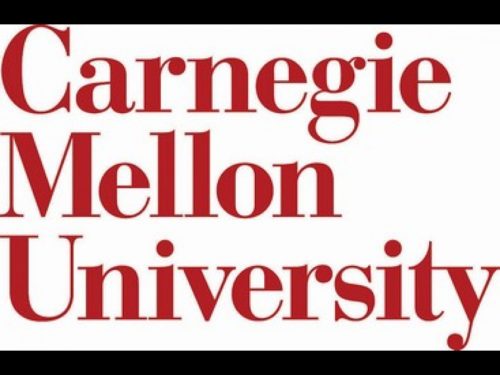
Average Graduate Tuition: $43,815/year
Student to Faculty Ratio: 10:1
Points: 6
The Master of Business Administration (MBA) and Master of Science in Healthcare Policy Management (MSHCPM) joint degree program is a concurrent five semester program. It’s focused on the economic, political, and financial environment. The Tepper School of Business and the Heinz College of Information Systems and Public Policy offer this program jointly. Courses cover areas like:
- health economics
- health care information systems
- health care management
- health policy and management systems
Students spend their first two semesters at Tepper. The three remaining semesters are integrated with business and healthcare. Either GRE or GMAT score are required for acceptance into the program.
#8 – Yale University – New Haven, Connecticut
Master of Business Administration-Healthcare

Program Website
Average Graduate Tuition: $42,100
Student to Faculty Ratio: 6:1
Points: 6
The Yale School of Management features a top healthcare MBA. It’s for working healthcare professionals who aspire to become leaders and innovators in the healthcare industry. During the first year of the program, students complete an integrated core curriculum. They also participate in the Colloquium on Healthcare Leadership, a series of talks with industry leaders. The second year is spent taking advanced courses in business and healthcare. It culminates with a capstone course that brings it all together. Courses cover areas like:
- healthcare economics
- global health
- healthcare operations
- population health and health equity
Students can complete this top healthcare MBA program in just 22 months.
#7 – Emory University – Atlanta, Georgia
MBA with a concentration in Healthcare Consulting

Average Graduate Tuition: $41,800/year
Student to Faculty Ratio: 9:1
Points: 6
The two-year top healthcare MBA at the Goizueta Business School at Emory University prepares students for any challenge they may encounter in the healthcare industry. Students have the opportunity to participate in a one-week global learning experience. Here they learn how companies create and manage their business around the globe. Faculty are industry leaders who work with students on collaborative learning challenges that challenge perspectives.
#6 – University of Michigan – Ann Arbor, Michigan
Full-Time MBA-Healthcare Management Concentration
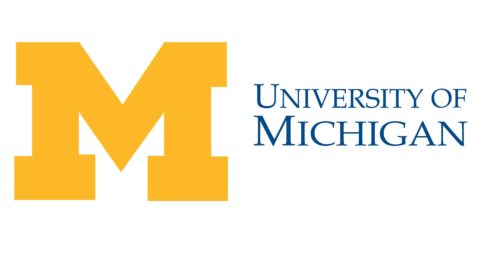
Program Website
Average Graduate Tuition: $23,128/year in-state and $46,678/year out-of-state
Student to Faculty Ratio: 11:1
Points: 6
The Ross Healthcare Management Concentration at the University of Michigan is a unique program. It’s for students looking to combine their interest in the business and healthcare fields. The concentration allows students to complement the MBA curriculum with 12 healthcare-related electives and multidisciplinary action projects (MAP) in healthcare. Through these unique MAP action learning experiences, students gain valuable hands-on skill building at a sponsoring company.
#5 – Rice University – Houston, Texas
MBA-Health Care Specialization
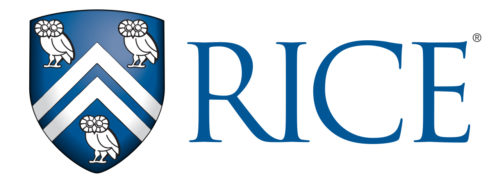
Average Graduate Tuition: $37,855/year
Student to Faculty Ratio: 6:1
Points: 7
The Jones Graduate School of Business at Rice University offers a top MBA in healthcare. It provides students with an understanding of business practices across the different interlocked sectors of the healthcare industry. Courses cover areas like:
- health insurance in the US
- innovation and entrepreneurship
- mindfulness and performance in organizations
- healthcare strategy
The program is open to full-time, professional and executive MBA students.
#4 – University of Pennsylvania – Philadelphia, Pennsylvania
Master of Business Administration-Health Care Management Major

Program Website
Average Graduate Tuition: $34,882/year
Student to Faculty Ratio: 6:1
Points: 7
The Wharton School at The University of Pennsylvania features a specialized MBA program. It prepares graduates to fill executive roles in the various organizations and specialties in the healthcare field. Courses cover areas like:
- managed care and integrated healthcare
- finance management
- health care reform
- health care services delivery
Graduates have gone on to successful careers in:
- managed care
- biotechnology
- information technology
- entrepreneurship.
#3 – University of Virginia – Charlottesville, Virginia
MBA-Healthcare

Average Graduate Tuition: $16,018/year in-state and $26,830/year out-of-state
Student to Faculty Ratio: 15:1
Points: 7
The top healthcare MBA at the University of Virginia’s Darden School of Business prepares students to think both ethically and creatively about trending healthcare issues. During the program’s first year, students focus on managerial concepts in areas like:
- operations
- strategy
- leadership and finance
The second year allows students to explore their own interests and apply their knowledge of business to the health care industry. Students design their Darden Business Project in healthcare to showcase their skills. Professional development opportunities are available through the Darden Health Care Club and the Institute for Business in Society.
#2 – University of North Carolina – Chapel Hill, North Carolina
MBA with a concentration in Healthcare
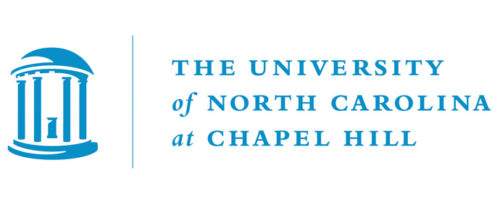
Average Graduate Tuition: $10,243/year in-state and $27,454/year out-of-state
Student to Faculty Ratio: 13:1
Points: 7
The Kenan-Flagler Business School at the University of North Carolina features a top MBA healthcare program. It was created to address the demand for effective business leaders with creative problem-solving and leadership skills. This is for healthcare professionals with experience in private and public healthcare organizations and the medical community. This enrichment program will further expand their entrepreneurial and strategic leadership opportunities. Students can take advantage of exciting professional development opportunities through:
- the Healthcare Career Lab
- company networking opportunities
- shadow days
- career treks
- national case competitions
Graduates have found success working for companies like Humana, Quest Diagnostics, Cigna, and Genentech.
#1 – Cornell University – Ithaca, New York
Executive MBA/MS in Healthcare Leadership
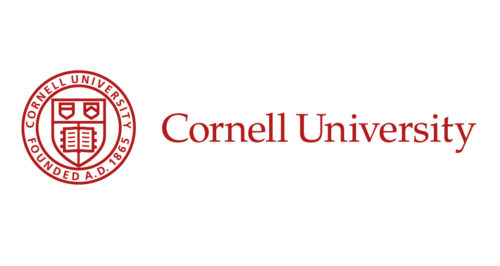
Program Website
Average Graduate Tuition: $29,500/year
Student to Faculty Ratio: 9:1
Points: 8
Our top choice for a healthcare MBA is the Executive MBA/MS in Healthcare Leadership dual degree program at Cornell University’s SC Johnson College of Business. It’s the only program of its kind offered by an Ivy League university. Students receive both an MBA and an MS in healthcare leadership. Courses are taught in New York City through weekend classes and residential sessions. The program takes two years to complete and students can begin the program during the summer semester. The Johnson MBA provides a solid foundation in all the functional areas of business:
- accounting
- finance
- economics
- marketing
- operations management
- strategy
- leadership
Healthcare courses cover areas like:
- biostatistics
- Health data analytics
- healthcare leadership
- health informatics
All courses are taught by industry experts and business leaders experienced with the quickly evolving field of healthcare administration.
Related Resources:
- Top Growing Healthcare Jobs
- 20 Highest Paid Non-Physician Jobs in Healthcare
- 25 Great Scholarships for Healthcare Management Students
- 10 Top Healthcare IT Certifications
- 25 Most Affordable Online Bachelor’s in Health Management
- Top 15 Online Healthcare Quality and Patient Safety Master’s Programs
- 100 Great Websites for Health Care Management Students
- Top 20 Certification Programs in Healthcare Management
- Top 20 Executive MBA in Healthcare Programs
- Top 20 Graduate Programs in Health Care Management in the South
- Top 20 Health Administration and Healthcare Management Degree Programs Based on Overall Quality Measures
- Top 20 Master’s in Healthcare Management Online / Online MBA Healthcare Administration
- Top 20 Master’s in Healthcare Management Online/Online MBA Healthcare Administration
- Top 20 Midwest Master’s in Health Care Management Degree Programs
- Top 20 Online Bachelor’s Degree Programs in Healthcare Management
- Top 20 Online Master’s in Healthcare Administration and Healthcare Management
- Top 20 Part-Time MBA Degrees with a Specialization in Healthcare Management
- Top 25 Graduate Healthcare Management Degrees
- Top 25 Health Information Management Degree Programs
- Top 25 Public Ivy Colleges Offering a Healthcare Management Degree
